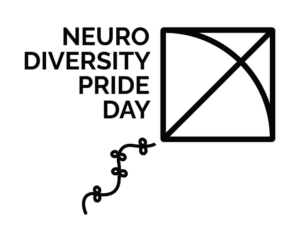In today’s rapidly evolving work landscape, where the lines between professional and personal life often blur, prioritizing mental safety has become more crucial than ever. While the focus on mental health support has traditionally centered around neurodiverse talents, it’s imperative to recognize that mental safety is essential for every individual in the workplace, regardless of neurodiversity.
- A Foundation for Productivity: Mental safety lays the foundation for productivity and performance. When employees feel psychologically safe, they are more likely to be engaged, creative, and motivated in their roles. Conversely, a lack of mental safety can lead to stress, anxiety, and burnout, hindering productivity and stifling innovation.
- Promoting Psychological Well-being: Just as physical safety measures are implemented to protect employees from harm, mental safety initiatives are necessary to safeguard their psychological well-being. Creating a supportive environment where individuals feel safe to express their thoughts, emotions, and concerns fosters resilience and promotes overall mental wellness.
- Enhancing Communication and Collaboration: Mental safety encourages open communication and collaboration within teams. When individuals feel secure in sharing their ideas and opinions without fear of judgment or reprisal, it fosters a culture of trust and transparency. This, in turn, leads to stronger relationships, improved teamwork, and better problem-solving.
- Reducing Stigma and Promoting Inclusivity: Prioritizing mental safety helps reduce the stigma surrounding mental health issues and promotes inclusivity in the workplace. By acknowledging and addressing the diverse range of mental health experiences, organizations create an environment where everyone feels valued, respected, and supported, regardless of their challenges.
- Fostering Innovation and Creativity: Mental safety is a catalyst for innovation and creativity. When employees feel safe to take risks, challenge the status quo, and think outside the box, it sparks innovation and drives organizational growth. By nurturing a culture that embraces diverse perspectives and encourages experimentation, companies can unlock new ideas and opportunities.
In conclusion, mental safety is not just a concern for neurodiverse talents—it is essential for the well-being and success of every individual in the workplace. By prioritizing mental safety initiatives, organizations can create environments where employees feel supported, empowered, and able to thrive both personally and professionally. Investing in mental safety is not only the right thing to do—it’s also a strategic imperative for building resilient, high-performing teams and driving long-term success.
#MentalHealth #WorkplaceWellbeing #Inclusivity #DiversityandInclusion







